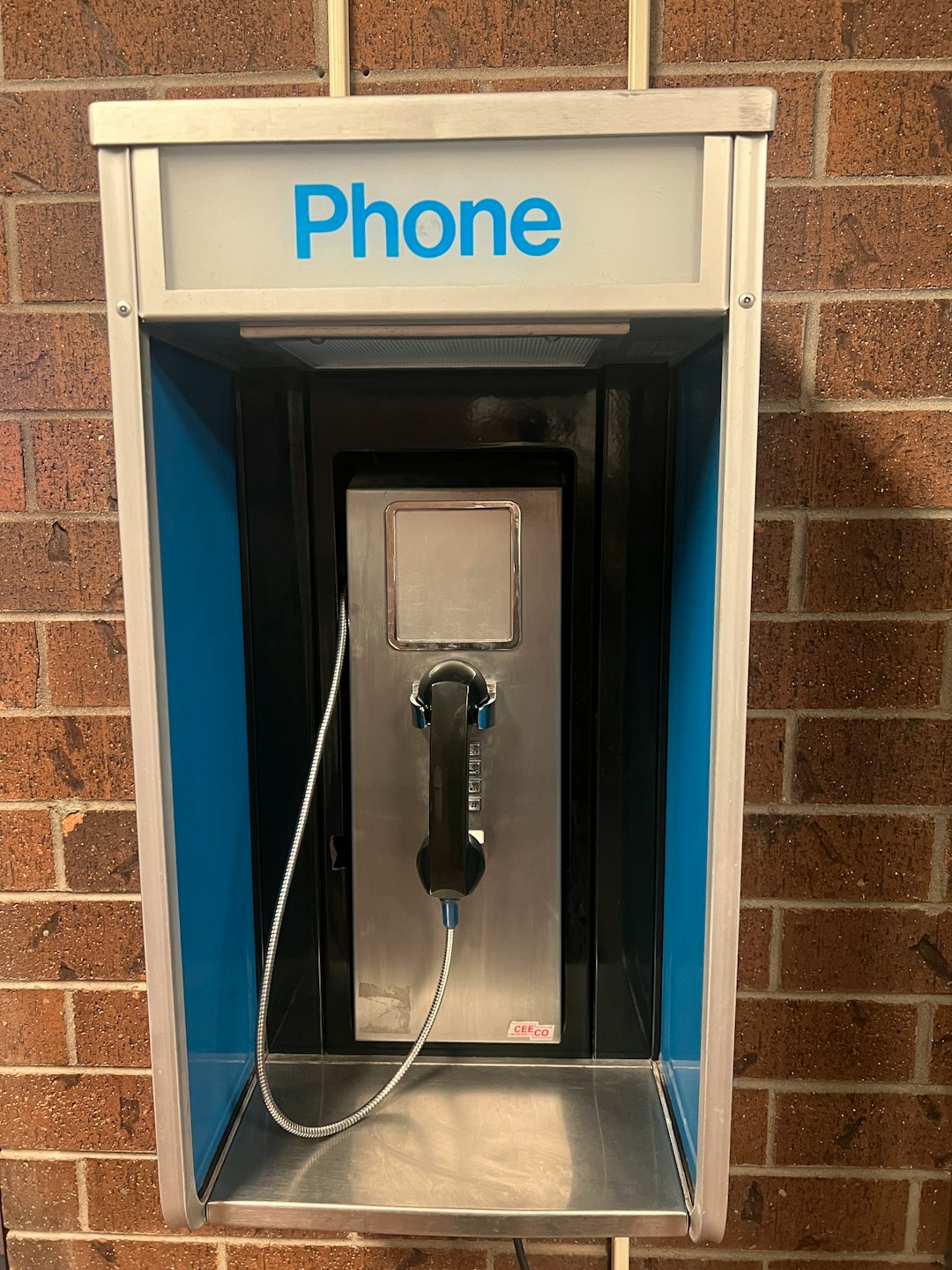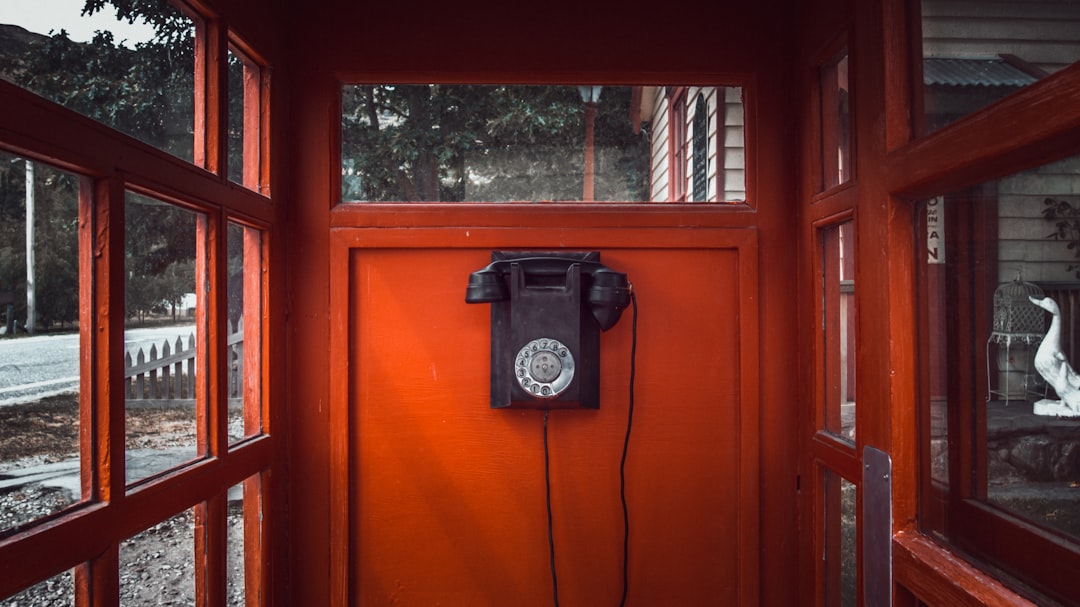Political robocalls are a common yet unwanted nuisance in Kansas City, Kansas, during elections. Despite Kansas' Do Not Call laws, political campaigns often exempt from consent, leading to resident frustration and community polarization. By registering on national and state "do not call" lists, citizens can opt-out of automated calls at the source. Community initiatives centered around these laws aim to reduce intrusive robocalls, fostering a quieter environment for more informed elections in Kansas.
Political robocalls have become a ubiquitous yet unwanted aspect of modern campaigning, especially in densely populated areas like Kansas City, Kansas. This article delves into the impact of these automated calls on local voters and explores effective strategies to combat them. We examine Kansas’ Do Not Call laws from a legal standpoint and emphasize community engagement as a powerful tool for advocacy. By understanding these dynamics, Kansas City residents can take proactive steps towards a quieter, more informed political landscape.
Understanding Political Robocalls and Their Impact in Kansas City, Kansas

Political robocalls have become a ubiquitous, yet often unwanted, aspect of modern elections in Kansas City, Kansas. These automated phone calls, designed to reach large audiences quickly, deliver political messages from candidates or parties. While they can be an effective tool for engagement, many residents find them intrusive, especially when not on a do-not-call list. In Kansas, Do Not Call Laws offer some protection against unsolicited calls, but robocalls from political campaigns are often exempt.
This exemption allows political organizations to bypass individual consent, leading to frustration among recipients. The constant flow of automated calls can disrupt daily life and contribute to a sense of political fatigue. Moreover, inaccurate or misleading messages may further polarize communities. Understanding the impact of these calls is crucial, as Kansas City residents seek ways to mitigate their frequency and ensure fairer, less intrusive political communication during elections.
The Kansas Do Not Call Laws: A Legal Perspective

In Kansas, including Kansas City, residents have the benefit of strict Do Not Call laws designed to protect them from unwanted phone solicitation. These laws, enforced by the Kansas Corporation Commission (KCC), provide a robust framework for citizens to exercise control over their privacy and minimize disruptive calls. The Kansas Do Not Call Act restricts telemarketers from making calls to individuals who have registered on the state’s official Do Not Call list. This list is comprehensive, encompassing both landlines and mobile phone numbers.
The legal implications of violating these laws are significant. Businesses found guilty of making robocalls to registered Kansas City residents could face substantial fines. The KCC takes such infringements seriously, ensuring that telemarketers adhere to the regulations. These Do Not Call Laws Kansas are a powerful tool for citizens to stand up against intrusive political robocalls, offering much-needed relief from unwanted phone campaigns.
Strategies to Combat Political Robocalls Effectively

In the fight against political robocalls, Kansas residents have a powerful weapon in the form of Do Not Call Laws. Enforcing these laws is a multi-faceted approach that includes registering with national “do not call” registries and state-specific lists. By doing so, citizens can opt-out of automated political calls at the source, significantly reducing unwanted intrusions. Moreover, using technology to block or screen such calls on personal devices and home security systems enhances protection during election cycles.
For a more comprehensive strategy, Kansas City residents should familiarize themselves with their rights and report abusive robocallers. This act not only helps in curbing political spam but also provides data to regulatory bodies for stricter enforcement of Do Not Call Laws in Kansas. Encouraging community awareness and collective action can make a substantial difference in stopping political robocalls, ensuring quieter and more informed elections.
Community Engagement and Advocacy for Change in Kansas City

Kansas City, Kansas, like many urban areas across the country, has been grappling with the issue of political robocalls. These automated phone calls, often seen as intrusive, have sparked a movement within the community to advocate for change. Local residents and activists are taking up the cause by engaging in conversations with their peers, organizing informational sessions, and leveraging social media platforms to spread awareness about Do Not Call Laws in Kansas.
The efforts focus on educating citizens about their rights under these laws, which aim to protect individuals from unwanted calls. By fostering community engagement, advocates aim to build a collective voice that can pressure political entities and telemarketing companies to adhere to stricter regulations. This grassroots movement not only seeks to reduce the number of robocalls but also to create a more peaceful and less disruptive environment for Kansas City residents.






